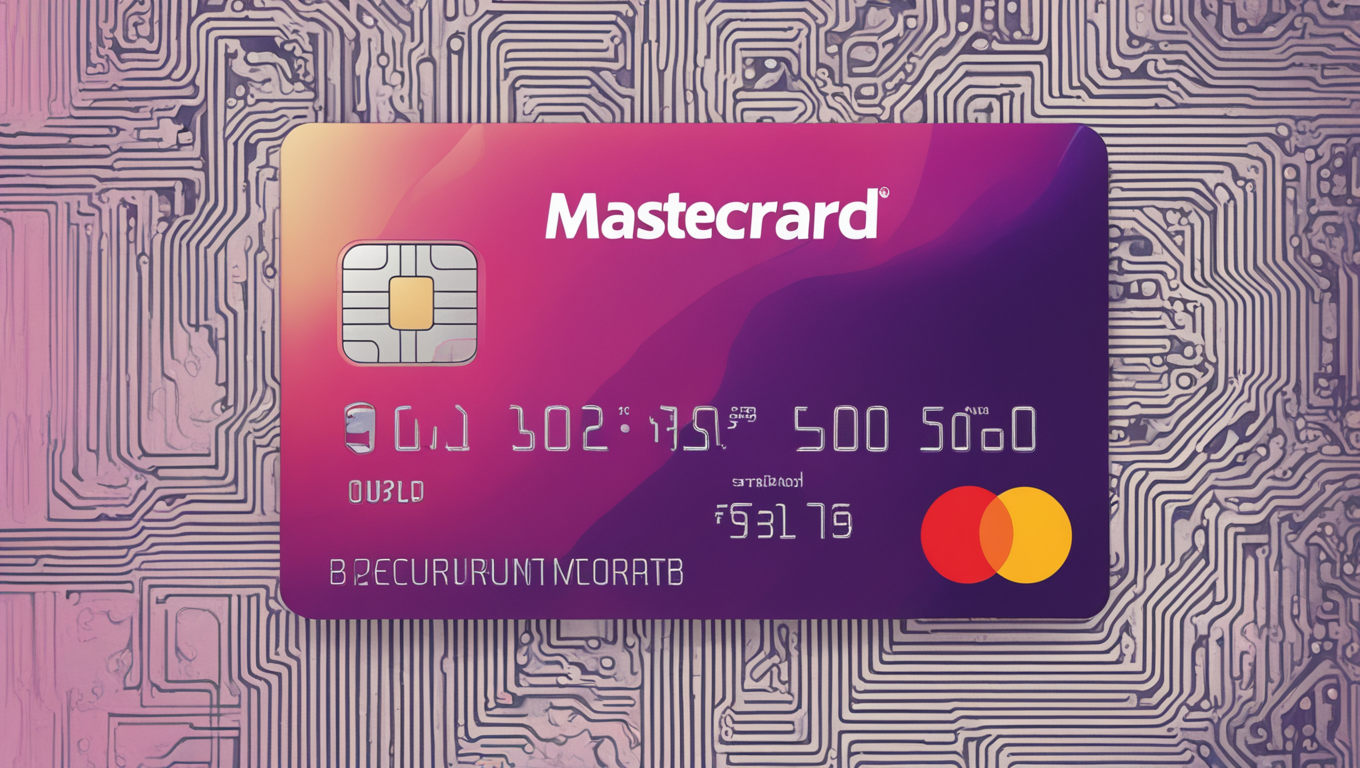Mastercard is stepping up its fight against fraud by integrating artificial intelligence (AI) into its fraud-prediction technology. The company hopes that this AI-powered system will be able to detect patterns in stolen cards more quickly, enabling banks to replace them before they can be used by criminals. By using generative AI, Mastercard aims to identify how and where credentials were compromised and swiftly resolve the issue for affected customers. Johan Gerber, the executive vice president of security and cyber innovation at Mastercard, explains, “We can now actually proactively reach out to the banks to make sure that we service that consumer and get them a new card in her or his hands so they can go about their lives with as little disruption as possible.”
This update by Mastercard allows the company to incorporate various contextual information, such as geography, time, and addresses, to identify compromised credit card numbers. By using incomplete but compromised card numbers found in databases, Mastercard can proactively replace the cards before any fraudulent activity occurs. Additionally, this AI-powered system can also identify patterns in batches of bad cards, potentially uncovering compromised merchants or payment processors. According to Gerber, these pattern recognition capabilities go beyond what humans could achieve through conventional methods, such as database inquiries.
The need for better fraud detection is crucial as billions of stolen credit and debit card numbers are accessible on the dark web. Criminals can purchase these stolen card details, and often, compromised cards can remain undetected for extended periods of time, causing significant damage to users. Mastercard’s AI system aims to address this issue by detecting compromised cards sooner and providing quick solutions to affected cardholders.
The push to enhance payment security also involves a move away from static credit and debit card numbers. Companies like Mastercard and Visa are working towards implementing unique numbers for specific transactions, moving away from the universal use of card numbers and expiration dates. In the United States, where payment technology adoption tends to lag behind, it may take some time for this transition to be fully realized. However, it is a crucial step towards preventing fraud and protecting consumers.
Mastercard’s latest update follows a similar move by its major competitor, Visa Inc. Last week, Visa announced significant changes to how credit and debit cards will operate in the United States. These changes aim to reduce the reliance on physical cards and make the traditional 16-digit card number increasingly irrelevant. As technology continues to advance, the payment industry is constantly evolving to stay ahead of fraudsters and provide secure and convenient payment methods for consumers.
With the integration of AI into its fraud-prediction technology, Mastercard is taking proactive measures to combat fraud and protect its customers. By identifying patterns in stolen cards and swiftly replacing them, Mastercard aims to minimize disruptions and provide a seamless payment experience for all. The power of AI allows for quicker and more efficient fraud detection, bringing us one step closer to a secure digital future.





Use the share button below if you liked it.